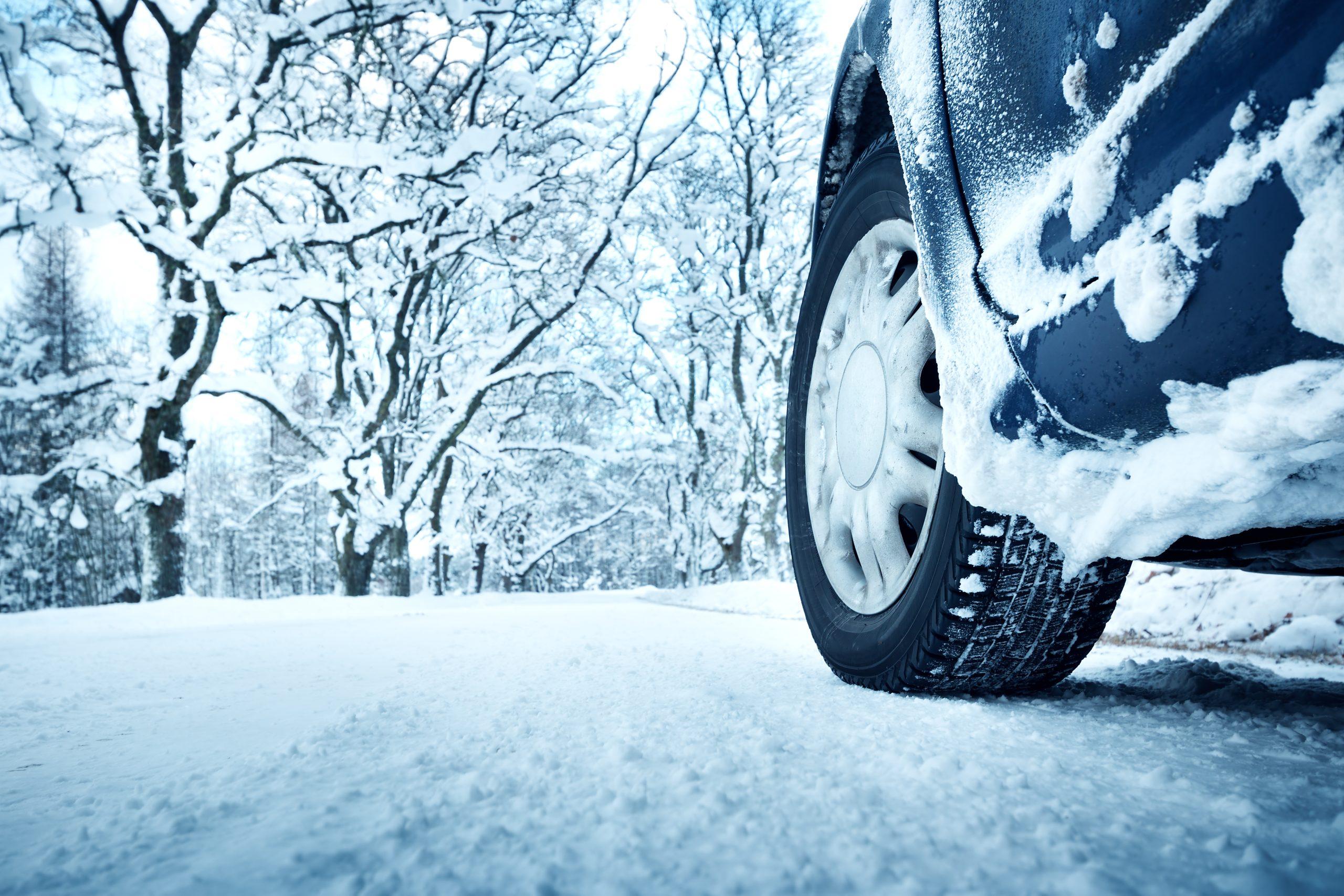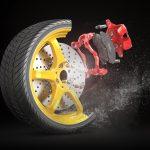
Beat the Cold: Breakthrough Tips for Winter Brake Care
- Harbor Brakes
- January 9, 2024
- Uncategorized
Introduction
As the chill of winter sets in, car owners must pay extra attention to their vehicles, particularly the braking system. Cold weather can significantly impact the performance and reliability of your brakes. In this post, we’ll delve into common brake problems during winter and provide essential tips for cold weather care.
1. Understanding Brake Issues in Cold Climates
Winter brings a unique set of challenges for brake systems. Low temperatures can lead to reduced brake fluid effectiveness, while ice and salt on the roads can cause corrosion and damage. It’s crucial to understand these challenges to maintain optimal brake performance.
2. Keep an Eye on Brake Fluid
Brake fluid is susceptible to water contamination, which can lead to freezing in cold temperatures. Regularly check your brake fluid levels and consider having it changed or flushed before winter starts.
3. Regular Inspections are Key
Frequent inspections are vital in winter. Pay attention to any changes in braking performance, such as unusual noises or increased stopping distances. These could be signs of brake problems that need immediate attention.

4. Addressing Frozen Brake Components
In extremely cold weather, brake components can freeze, especially if there’s moisture present. Parking in a garage and using a block heater can help prevent this issue. If components do freeze, they should be thawed professionally to avoid damage.
5. Dealing with Corrosion
Road salt, while essential for safety, can be corrosive to your brake system. Regularly washing your vehicle, including the undercarriage, helps prevent salt accumulation and corrosion.
6. Brake Pad Maintenance
Cold weather can make brake pads harder and less effective. Check your brake pads’ thickness regularly and replace them if they are worn down to ensure maximum braking efficiency.
7. Be Prepared for Longer Stopping Distances
Remember that stopping distances can increase on icy or snowy roads. Drive cautiously and give yourself ample space to stop.
8. Importance of ABS in Winter
Anti-lock Braking Systems (ABS) are particularly useful in winter conditions. Ensure your ABS is functioning correctly and understand how it helps maintain control during slippery conditions.
Conclusion
Winter demands extra care for your braking system. By understanding the challenges and following these tips, you can ensure your brakes remain effective and safe throughout the cold season. Remember, regular maintenance and inspections are your best defense against winter-related brake problems.

Stay tuned to Harbor Brakes and Auto Repair for more insights and tips on keeping your vehicle in top condition, no matter the season.

